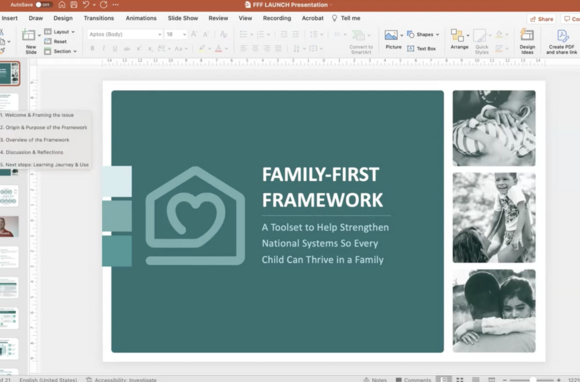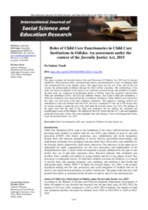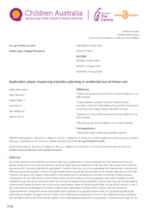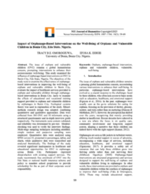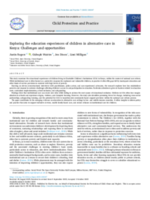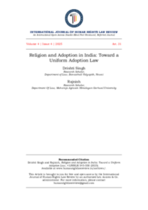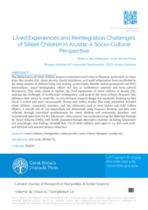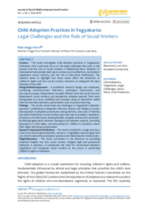[Webinar Recording] Consultation & Introductory Launch – Family-First Framework: a toolset to help strengthen national systems so every child can thrive in a family
On Monday, November 3rd, A Family for Every Orphan hosted an interactive consultation and introductory launch of the Family-First Framework — a practical and adaptable set of visual tools designed to help cou

